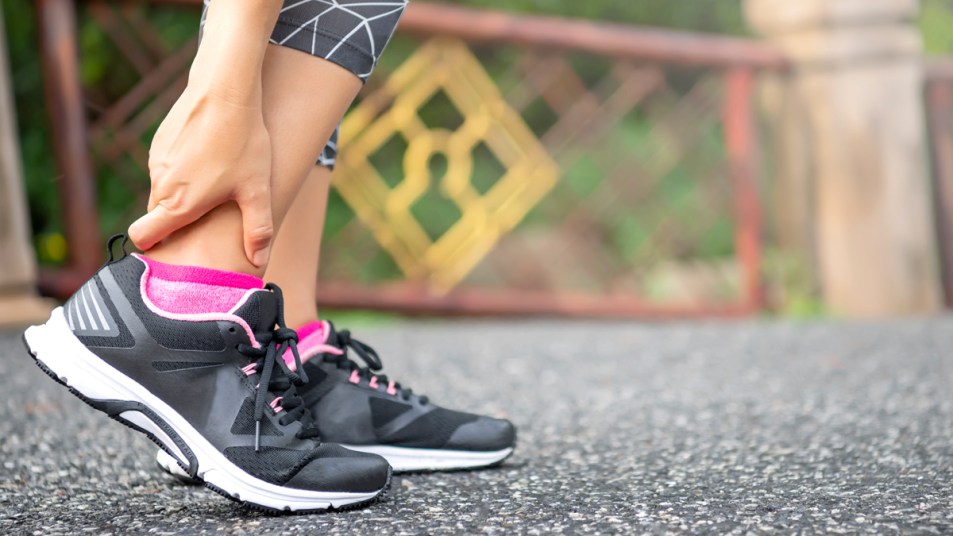3 Low-Cost Cures That Work Better Than Expensive Surgery, Meds, or Procedures

When it comes to your health, low-cost cures can be hard to find. Plenty of practices seem set in stone: Sprain your ankle? Grab an ice pack. Strep throat? Take an antibiotic. Heart disease? Consider surgery. But new research has cardiologists reconsidering at least one of those recommendations.
The reason: For people with severe but stable heart disease, research presented at the annual meeting of the American Heart Association shows stents (metal tubes that prop open arteries) are no more effective than medication. “A stent only treats the area where it is inserted, and the surgery may cause complications,” says study co-chair David Maron, MD, director of preventive cardiology at Stanford University School of Medicine. “But less-invasive drugs and lifestyle interventions improve the health of the arteries and may shrink the plaque that can cause heart attacks.”
And it turns out, less treatment might be beneficial for many conditions. Read on for the easy alternatives to save you time, money and — in some cases — a trip to the doctor.
Note: Each case is different, so be sure to discuss any course of action with your health-care provider.
Foot pain? Instead of injections… Try shoe inserts.
Steroid injections can ease pain caused by plantar fasciitis, but they’re expensive and require regular doctor visits. Plus, Australian research suggests drugstore orthotics are more effective: Subjects who wore inserts saw greater decreases in pain after 12 weeks than those who had injections.
“Orthotics reduce pressure behind the heel, which gives the tissue time to repair,” says Glen Whittaker, PhD, lead study author. To find your best fit, remove your shoe and place the orthotic on the arch of your foot. Says Whittaker, “The closer the curve matches your arch, the better.”
High cholesterol? Instead of meds… Try a fruit extract.
Some 40 million Americans take statins to lower cholesterol, risking side effects like muscle aches and fatigue. But bergamot extract may be just as effective — without side effects. The citrus fruit extract has been shown to lower triglycerides by 82 points after 30 days, a bigger drop than statins offer.
“Bergamot activates AMPK, a protein that regulates the production of cholesterol,” says Jeremy Johnson, PhD, PharmD, an associate professor at the University of Illinois at Chicago and co-author of a review on the subject. He advises taking 500–1,000 mg. of bergamot extract daily. When choosing one, check the label: “You want a product with more than 25 percent polyphenols, the plant compounds that influence AMPK.”
Try: Jarrow Formulas Citrus Bergamot ($17.97, GNC)
Broken bone? Instead of surgery… Try a $5 sling.
Shoulder fractures are one of the most common fractures in older adults, and keeping the shoulder immobilized can be just as effective as surgery. “Shoulder surgery uses plates and screws to bring pieces of bone together so it can reform and heal,” explains Dominic King, DO, an interventional orthopedic physician at the Cleveland Clinic. “But if bone fragments are in close contact after the fracture, the body will reform the bone without surgery.”
He notes that constantly moving the neck and wrist to prevent atrophy is crucial, as is a sling that extends down to the knuckles.
This article originally appeared in our print magazine, First For Women.
















